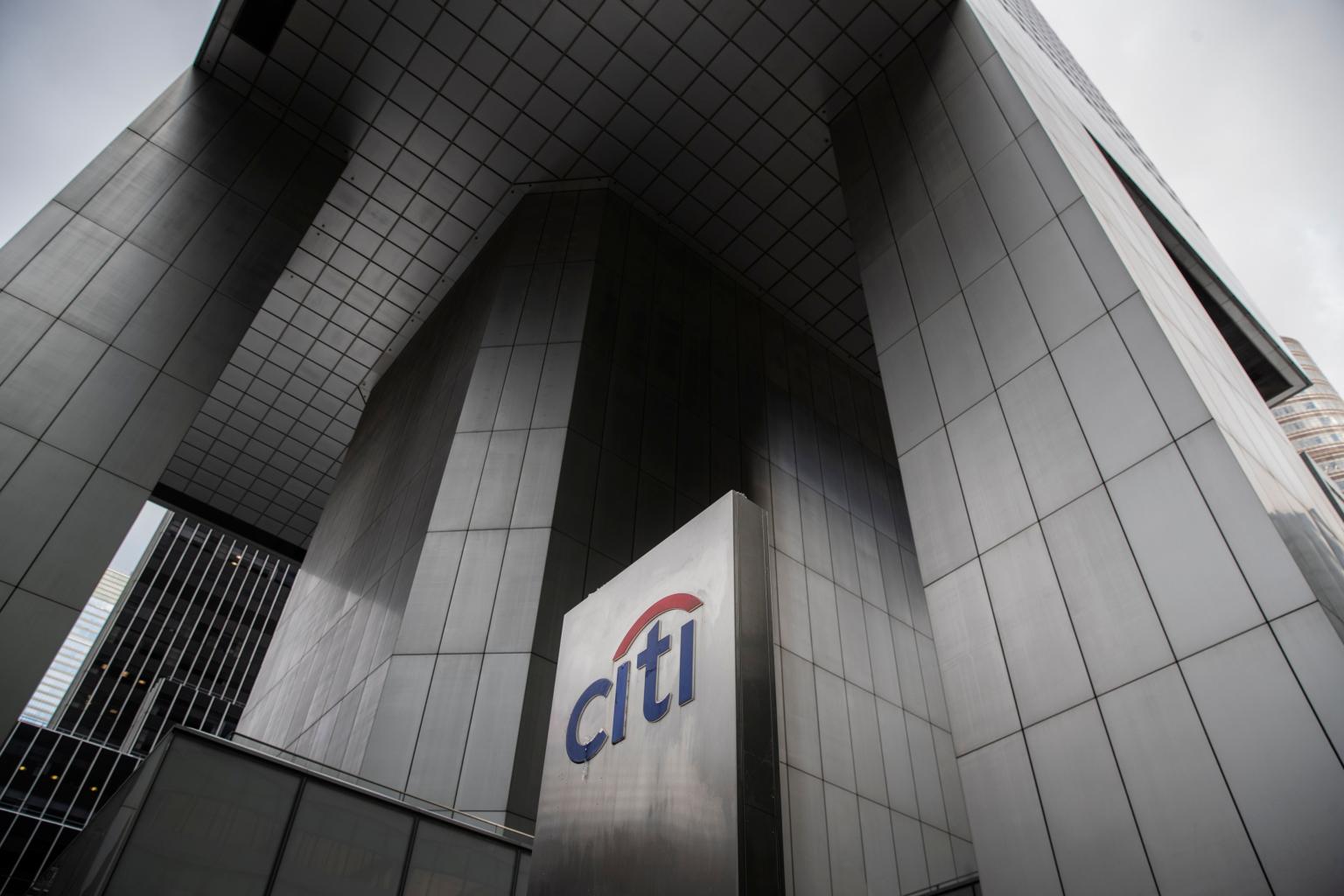Citi says triple-digit oil should be near US$70 as recession looms
Sign up now: Get ST's newsletters delivered to your inbox

Citi cut its demand estimate for products to 2.2 million barrels a day, down from 3.6 million at the start of the year.
PHOTO: BLOOMBERG
Follow topic:
SINGAPORE (BLOOMBERG, REUTERS) - Demand for oil and refined products is falling as the world economy starts bracing for a recession, said Mr Ed Morse, Citigroup's global head of commodity research.
The fair value of Brent futures is in the US$70 range even though the international benchmark is trading around US$120 a barrel, the well-known oil market bear said on Tuesday (May 31) in a Bloomberg Television interview. Analysts continue to revise their demand expectations on signs of economic slowdown, Mr Morse said.
Citi cut its demand estimate for products to 2.2 million barrels a day, down from 3.6 million barrels at the start of the year.
"That is a big difference if you are pulling on a refining system that is under duress," Mr Morse said. "A world staring at a recession is not a world with robust demand growth for diesel."
In Asia on Wednesday, oil prices gained slightly after European Union leaders agreed to a partial and phased ban on Russian oil and as China ended its Covid-19 lockdown in Shanghai.
Brent crude for August delivery was up 28 US cents, or 0.2 per cent, at US$115.88 a barrel at 0338 GMT (11.38am Singapore time). The contract settled down 1.7 per cent on Tuesday.
US West Texas Intermediate crude rose 30 US cents, or 0.3 per cent, to US$114.97 a barrel.
Both benchmarks ended May higher, marking the sixth straight month of rising prices.
EU leaders agreed in principle on Monday to cut 90 per cent of oil imports from Russia by the end of this year, the bloc's toughest sanctions yet on Moscow since the invasion of Ukraine three months ago, which Moscow calls a "special military operation".
Once fully adopted, sanctions on crude will be phased in over six months and on refined products over eight months. The embargo exempts pipeline oil from Russia as a concession to Hungary and two other landlocked Central European states.
In China, Shanghai's strict virus lockdown ended on Wednesday after two months, prompting expectations of firmer fuel demand from the country.
Capping gains were reports that some producers were exploring the idea of suspending Russia's participation in a production deal of Opec+, a grouping of Organisation of the Petroleum Exporting Countries members and their allies, on expectations such a move would increase supply.
"The full reopening of Shanghai from Covid-19 restrictions may boost sentiment at the periphery, but the possible exemption of Russia by Opec, from the output agreement, is the bigger story," said Mr Jeffrey Halley, senior market analyst at Oanda.

